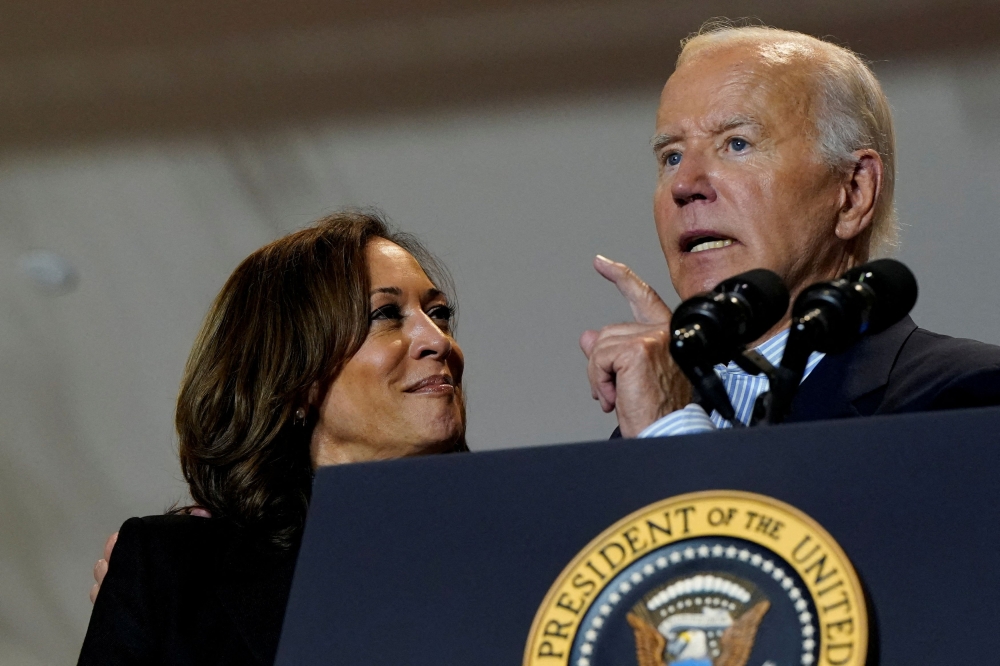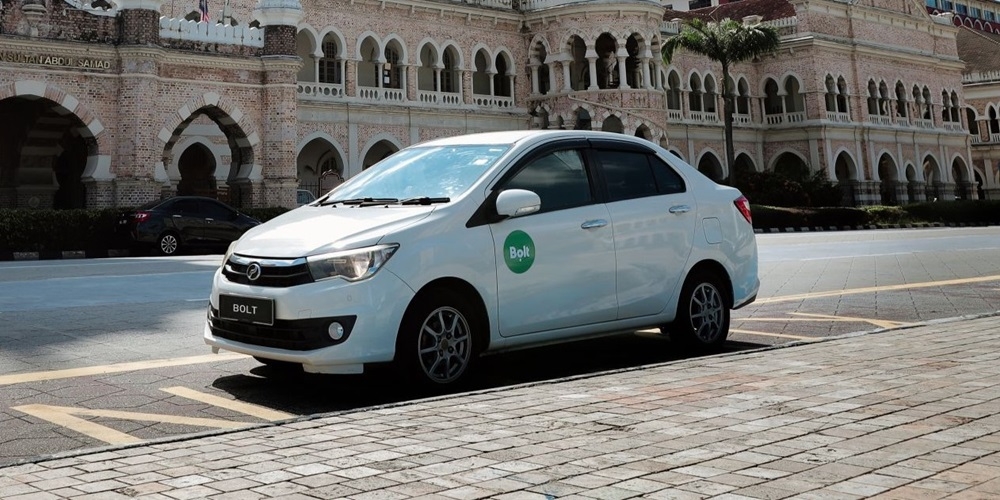NEW YORK, April 1 ― Amazon narrowly led in an effort to prevent unionisation in Alabama, according to preliminary results yesterday, but the e-commerce behemoth trailed in a partial tally in a parallel election in New York.
The results were not final in either case. At stake is Amazon's ability to remain union-free in its home market, a status it has guarded fiercely since the company was founded in the 1990s.
“We already made history. We defeated a lot of odds to get here,” said Christian Smalls, a leader of the New York campaign who said he was not surprised by the union's early lead of more than 360 votes.
In the Alabama election, a re-vote after federal officials threw out results of a 2021 referendum, 993 workers voted against the labour group, compared with 875 employees in favour.
But there were 416 “challenged” ballots, a “determinative” amount, according to the National Labor Relations Board, meaning the figure is big enough to potentially decide the final result.
The fate of the challenged ballots will be settled following an NLRB hearing that is not expected for at least a couple of weeks.
Stuart Appelbaum, president of the Retail, Wholesale and Department Store Union, said workers “will have to wait just a little bit longer,” on Twitter.
“Every vote must be counted, and every objection heard,” he said.
Back in New York, union backers had reason for hope as ballots were counted from the Staten Island JFK8 warehouse, where more of the facility's 5,000 workers turned out compared with Bessemer, which has 6,000 employees.
When the New York count wrapped up for the day early yesterday evening, there were 1,518 workers voting in favour of the union, compared with 1,154 employees voting no.
“It's very clear that we'll finish tomorrow,” an NLRB official said shortly before the counting stopped for the day.
The elections come as some large US companies face rising unionisation campaigns.
Recent victories by a labor union at several US Starbucks cafes have given a charge to organised labor, even as the overall rate of US private-sector unionisation edges lower and unions remain on the outs in several states, especially in the South and West. ― AFP






















